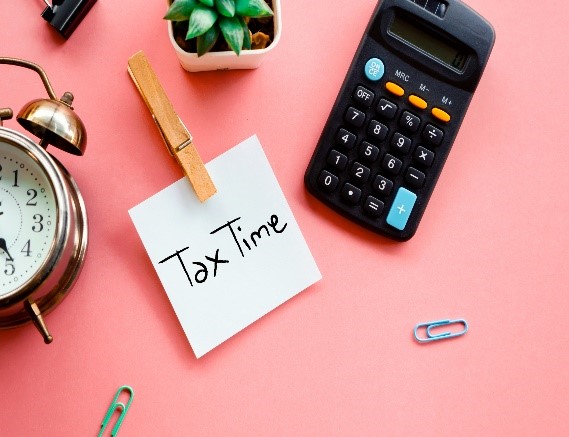Tax Alerts and Strategies for 2021 and Beyond
April 2, 2021 by David Christianson

It’s been a crazy year.
Oh, sorry, I guess you knew that…
Well, things might just get a little crazier soon on the tax and investment front, with the new federal finance minister presenting her first Budget on April 19.
Premise - the federal government needs money. It will look for it wherever it can, especially if it can claim new taxes are aimed at the “rich”.
Everyone knows the government has spent record amounts of borrowed money this past year and may be feeling desperate for cash.
Conclusion - new taxes on April 19 budget.
Speculation is rampant in tax circles about things like an increase to the capital gains inclusion rate, a limit to the tax-free portion of the principal residence exemption, or just plain increases in tax rates on high income earners.
My gut feeling is that an exhausted, scandal-ridden minority government will not be up for the fight that any of these measures would create, but let’s take a closer look, in case you want to take evasive maneuvers.
Capital gains inclusion rate
Currently, 50% of a realized capital gain is included in income. For example, if you paid $10,000 for some shares that are now worth $20,000, you have an accrued capital gain of $10,000. You pay no tax on that gain unless you sell the shares.
A sale for $20,000 “realizes” the $10,000 gain, half of which is then taxable. So, $5,000 is added to your taxable income and you pay tax on that at your marginal tax rate, likely between 26% and 50% in Manitoba.
Remember, this only applies to investments held outside of RRSP, RRIF or TFSA accounts.
If the government increases the inclusion rate to 66.7%, 75% or - heaven forbid - 100%, the amount of tax paid on any realized capital gains will increase proportionately.
What’s a taxpayer to do?
If it’s your intention to continue to hold the shares for the long term, then probably do nothing. It’s not worth the cost of paying tax now that could otherwise be deferred for many years, even if you might possibly pay tax at a higher rate later. And we don’t know if the inclusion rate will be increased.
On the other hand, if you have shares, rental real estate or other capital assets that you plan to sell in 2021 anyway, you might try to do that before the budget. With shares, especially, you can be assured of a good price right now, with many companies trading at attractive prices or even near all-time highs.
But, as always, focus on investment fundamentals and “don’t let the tax tail wag the investment dog.”
Savings and Investing
On another note, the pandemic forced many people to cancel vacation and travel plans and put a stop to most forms of entertainment. That means that many people who used to spend 10% or 20% of their income on such things suddenly have uncharacteristic amounts of savings on hand.
If you are like many Canadians this year who find themselves sitting on an unfamiliar hoard of savings, tune in to our next week’s column. We have some suggestions on setting your priorities, and some strategies that that could save you significant taxes over the long term.
Oh, and don’t forget the income tax filing deadline is still April 30.
You’re welcome.
* * *
Dollars and Sense is meant as an introduction to this topic and should not in any way be construed as a replacement for personalized professional advice.
Please consult legal, tax, insurance and investment experts for advice on your unique situation.
David Christianson, BA, CFP, R.F.P., TEP, CIM is a Senior Wealth Advisor & Portfolio Manager with Christianson Wealth Advisors at National Bank Financial Wealth Management, and author of the book Managing the Bull, A No-Nonsense Guide to Personal Finance.

